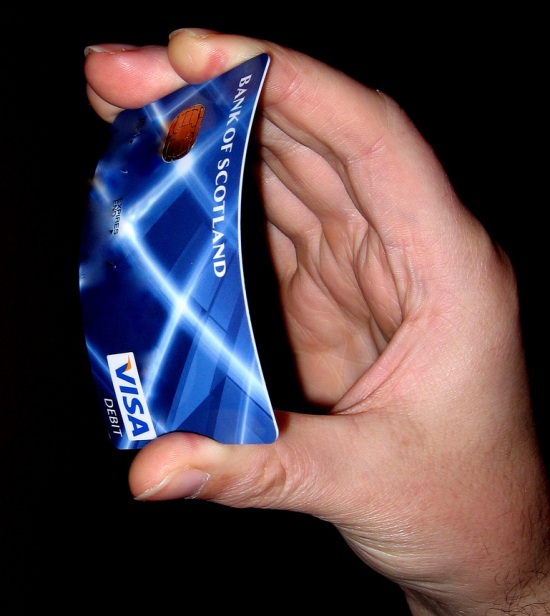It has been a long running joke for some time now – the “cheap” flights offered by budget airlines that often end up costing passengers more than they would have paid on a standard airline. With taxes, luggage allowance, carbon charges and the mysterious “hidden costs” thrown in, booking the best value for money flight can seem like an impossible task for even the most money savvy traveller.

However, once you have found the ideal budget flight, many airlines then choose to slap you with an extra fee – this time, for using a debit card to pay for your flight. In fact, with all of these factors thrown in, it can sometimes seem more cost effective (and less stressful) to sign your entire life savings over to a commercial property airport and start studying for your pilot’s license.
However, good news for bargain hunters was revealed earlier this week, as several budget airlines, including easyjet and Ryanair, are now planning to scrap the surprise card surcharges that often surprise consumers upon reaching the end of their transaction.
The Office of Fair Trading has warned flight operators that the practise of charging customers for using a debit card at the end of their transaction is unethical and must be stopped. Instead, should commercial airlines choose to include card charges for online transactions, the debit or credit card fee must be included as part of the headline price.
Consumer group Which? initially called for an investigation to be launched by the OFT into the unfair charges, and gained the support of over 50,000 people who regularly fly from commercial property airports. During the investigation, officials scrutinised airline charges for 90 days and found that card fees of this type cost passengers over £300 million per annum in the aviation industry alone.
The Government are now pledging to curtail these fees through legislation after the OFT highlighted the need for greater levels of consumer protection in airport commercial properties.
OFT chief executive, Clive Maxwell, said; “This is a great outcome for the millions of people who buy flights online.
“It is important that the cost presented when they search for a flight is realistic and that they are not surprised by extra charges.”
Some airlines, including Aer Lingus, BMI Baby, Thomson and Flybe, have already changed their policy when it comes to debit card charges when consumers pay for their flights online. The other budget airlines engaging in this practise will have to follow suit by August 1st, the deadline for changes, or risk court action.
Debit card users will no longer be charged for paying via this method, as according to the OFT, debit cards are the “online equivalent of cash”. However, credit cards may still come with an additional fee as they are more difficult to process.
Sarah Brooks, director of financial services at Consumer Focus, sees this move as a positive step for passengers flying from airport commercial properties.
She says; “It is good news that there will be better transparency over card charges and consumers won’t have to endure hidden extras which bump up the advertised price.
“Nothing is more frustrating for consumers than seeing a good online deal disappear on the final screen before booking.”
In a time where commercial property airports are attracting increasingly negative press, whether it is due to baggage handling issues or increased security causing delays in the aftermath of 9/11, this could be exactly what the aviation industry needs to encourage passengers back into the foreign holiday market.
Do you believe these charges are necessary for airlines to process transactions? Or do you think it is simply another way of squeezing cash out of consumers?
Previous Post
Expect an Olympic Welcome at Heathrow Airport